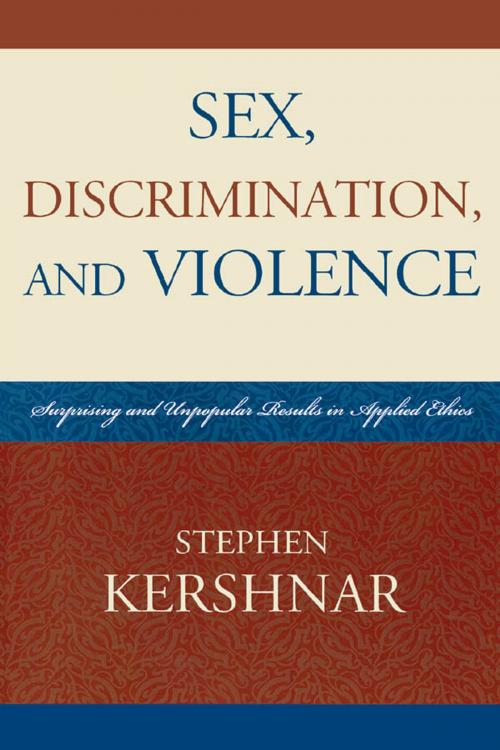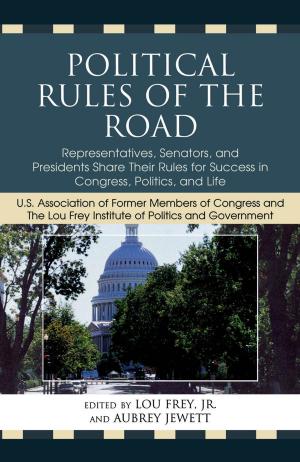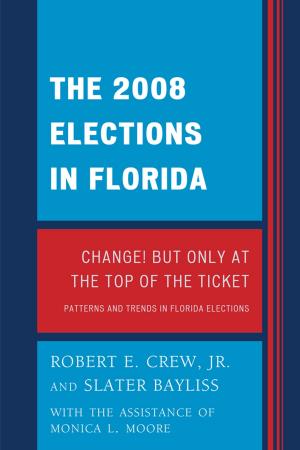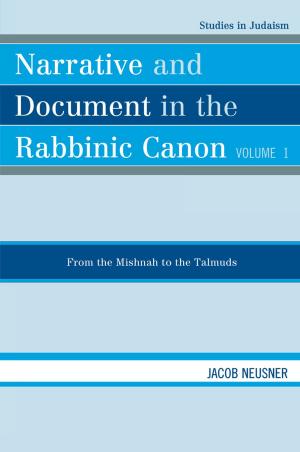Sex, Discrimination, and Violence
Surprising and Unpopular Results in Applied Ethics
Nonfiction, Social & Cultural Studies, Political Science, Government, Public Policy, Religion & Spirituality, Philosophy| Author: | Stephen Kershnar | ISBN: | 9780761848004 |
| Publisher: | UPA | Publication: | September 8, 2009 |
| Imprint: | UPA | Language: | English |
| Author: | Stephen Kershnar |
| ISBN: | 9780761848004 |
| Publisher: | UPA |
| Publication: | September 8, 2009 |
| Imprint: | UPA |
| Language: | English |
Sex, Discrimination, and Violence is about how the systematic application of some basic principles of applied ethics yields some surprising and very unpopular results. In particular, Stephen Kershnar investigates three areas: sex, discrimination, and violence. In his discussion of sex, he concludes that adult-child sex is not always wrong and that it is not clear that watching rape pornography is bad for the viewer. When discussing discrimination, Kershnar argues for the following startling conclusions: persons of different races on average differ in their value, professional schools may and probably should discriminate against women, and equal opportunity is not worth pursuing. In his discussion of violence, he contends that in some cases governments are morally permitted to use torture in order to interrogate suspected terrorists and may assassinate foreign leaders. These controversial conclusions will no doubt spur animated and thoughtful discussion amongst readers.
Sex, Discrimination, and Violence is about how the systematic application of some basic principles of applied ethics yields some surprising and very unpopular results. In particular, Stephen Kershnar investigates three areas: sex, discrimination, and violence. In his discussion of sex, he concludes that adult-child sex is not always wrong and that it is not clear that watching rape pornography is bad for the viewer. When discussing discrimination, Kershnar argues for the following startling conclusions: persons of different races on average differ in their value, professional schools may and probably should discriminate against women, and equal opportunity is not worth pursuing. In his discussion of violence, he contends that in some cases governments are morally permitted to use torture in order to interrogate suspected terrorists and may assassinate foreign leaders. These controversial conclusions will no doubt spur animated and thoughtful discussion amongst readers.















